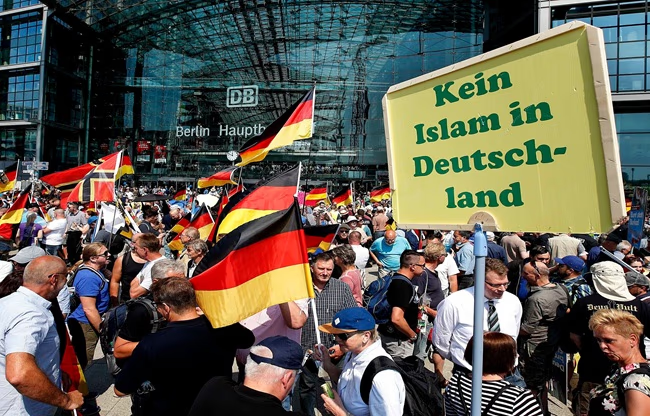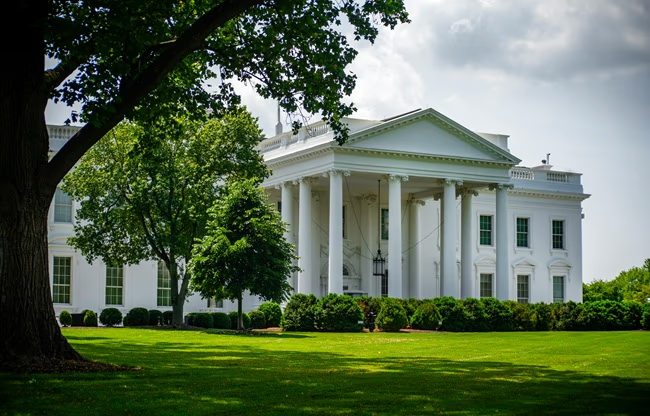In the twilight of the 19th century, Donald Trump's grandparents departed from a small German district, embarking towards the promising land of America. Fast forward, and their grandson holds the American presidency. Trump has often shared about his German roots. Now, amidst escalating tensions between Europe and the US, a German district proposes awarding Trump honorary citizenship. Let’s explore what this signifies.
The political party, Alternative for Germany (AfD), has put forth this proposal. Situated in the southwest part of Germany lies the district of Bad Dürkheim, and within it, the quaint village of Kallstadt connects to Trump. The underlying motive behind this move is reportedly Trump's role in halting the conflict between Israel and Hamas and aiding the release of German hostages.
The district leaders have already given a nod of approval to this proposition. A discussion will follow at month-end to determine the next course of action.
The village of Kallstadt in Germany's southwest cradled Trump's grandfather, Frederick Trump, at his birth. As a young German, he voyaged to America in search of job prospects in the mid-1880s. There, he engaged in menial jobs, gradually establishing himself. Eventually, he returned, married, and emigrated for good with his wife—Trump's grandmother—to the US, where they laid down the burgeoning roots of a hotel and later, a flourishing real estate enterprise that would define the Trump dynasty.

Source: aajtak
Initially, Trump sparsely referenced his German origins, often claiming Swedish ancestry instead. This was arguably due to the strong anti-German sentiment in post-World War America, urging him to obscure his German lineage publicly.
As Trump’s identity as a business magnate solidified, he began acknowledging his German heritage, though devoid of emotional attachment. Despite many familial ties in Germany, he never revisited his ancestral village. However, some villagers reached out upon his election as president, sharing familial connections.
The AfD, advocating Trump's honorary citizenship, is identified with right-wing ideologies. Their intentions are clearly strategized:
Both AfD and Trump embrace nationalism, anti-immigration stances, and prioritize national interests.
Kallstadt, being Trump's ancestral village, resonates with the party's narrative of local pride and relevance.
Mainstream German parties often label AfD as extremist. Offering Trump this honor aims to parallel a global leader’s alignment with their views.

Source: aajtak
An honorary citizenship is largely symbolic, conferring no legal rights or responsibilities upon Trump. It won't grant him voting rights or any civic obligations. Yet, in the political sphere, this gesture might still hold significant resonance.
The pivotal question remains: Will Trump accept this citizenship? The decision rests solely with him. Currently, he exhibits reluctance towards fostering close ties with Europe, barely masking disdain with threats of withdrawing from NATO. His stance on Germany isn't very conciliatory, as he perceives it as a promoter of immigration, a point he’s frequently contested.
However, given this is an honorary title—a form of recognition—Trump might be inclined to accept. Following the recent bypass of the Nobel Peace Prize, any form of honor might be a solace for Trump. Not to be understated, honorary citizenship stands as a significant commendation. Historically, it has been conferred upon leaders with international repute, remarkable contributors in varied domains, and artists of eminent stature.




